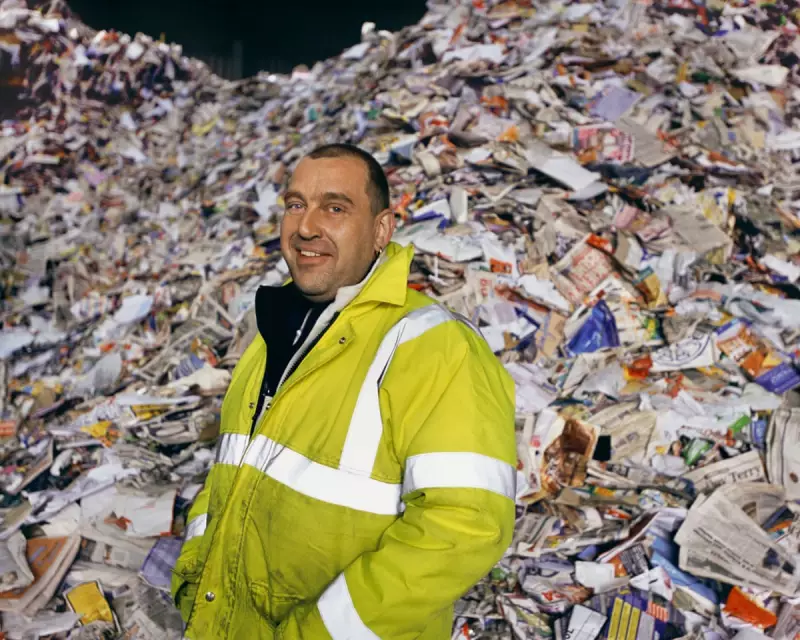
It begins with a single bag of clutter. A broken toaster, a few old jumpers. But for a growing number of Britons, the weekly trip to the household waste recycling centre has morphed from a chore into a compulsive ritual—a symptom of a life that has quietly veered off course.
The Seductive Lure of the Skip
What is it about the tip that holds such a powerful allure? It’s not just the catharsis of decluttering. It’s the theatre of it all. The low rumble of skips being filled, the precise sorting into metal, wood, and electricals, the unspoken camaraderie amongst those doing the same. It becomes a bizarre kind of hobby, a purpose-driven outing in an otherwise cluttered week.
This is where weekends are now spent. Not in parks or pubs, but navigating the labyrinth of containers, chasing the fleeting high of a perfectly empty boot.
A Symptom of a Bigger Problem
This obsession, however, is merely the visible crack in the foundation. It points to a far larger, more unsettling truth about our relationship with stuff. We are trapped in a cycle of acquisition and disposal, buying cheaply and discarding freely, with the local tip acting as the release valve for our collective guilt.
The Personal Cost of Constant Disposal
When your life becomes scheduled around the opening hours of the council dump, something is wrong. Relationships strain as conversations revolve around the best time to beat the queue. Finances suffer from the constant need to replace what was so hastily thrown away. The mental load is exhausting—the endless calculation of what to keep, what to donate, and what to condemn to the skip.
It’s a life lived in reverse, focused on what is leaving rather than what is entering.
Breaking the Cycle
Recognising the behaviour is the first step toward change. It requires a conscious shift from being a mere consumer to a conscious custodian of what we own. Repairing, repurposing, and, most importantly, refusing to buy in the first place are the true acts of rebellion against a culture that tells us to bin it and move on.
The goal is not to never visit the tip again, but to no longer need it as a crutch for a life overwhelmed by possessions. The real treasure isn’t found in what we throw away, but in what we choose to keep—and why.





